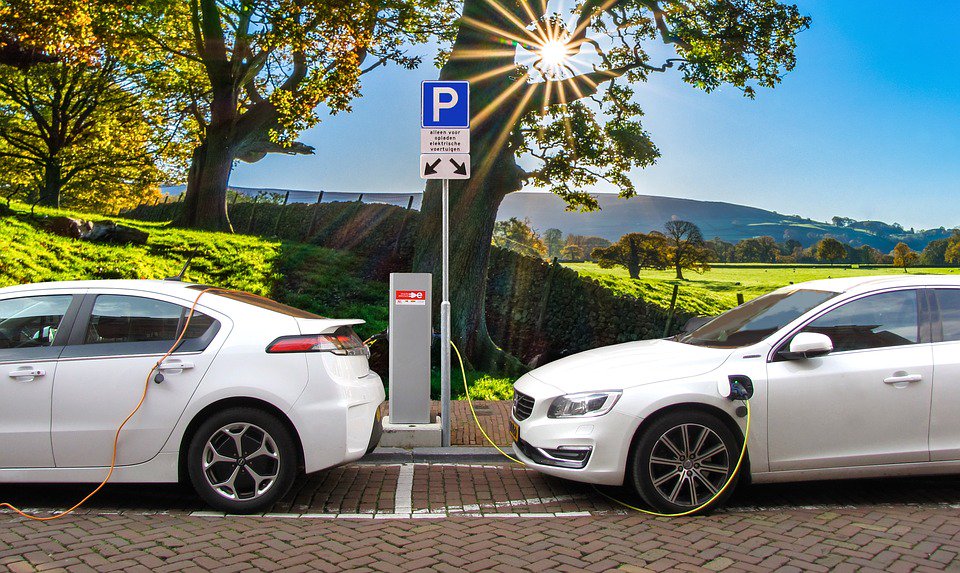One among the many Australian local governments boosting its climate credentials, Victoria’s Hobson Bay City Council has launched multiple initiatives to bring it closer to its goal of zero net emissions for the organisation by 2020 and the community by 2030.
The initiatives include adopting a fleet of electric vehicles, the installation of a 50kW DC electric vehicle fast-charging station for community use, signing on to participate in a collaborative Victorian Local Government power purchase agreement (PPA), installing LED street lights and fast tracking the installation of solar and building retrofits to make its buildings carbon neutral.
“We are doing our bit to be carbon neutral by 2020 and that is by reducing our base energy usage and by embracing more sustainable energy sources,” Mayor of Hobsons Bay Councillor Jonathon Marsden said. “We anticipate that all of these changes will result in a 70 per cent reduction in our base energy consumption over the next 10 years.”
Thus far, the Council has installed rooftop solar on four community hubs and libraries, totaling 243kW. These systems are estimated to be saving approximately 384 tonnes of CO2-e per annum. It recently committed to sourcing 30% of its current energy usage from Victorian renewable energy sources by signing on to the Local Government PPA for the next ten years. “Coupled with our energy savings this agreement will see us hit our zero net emissions targets,” the Mayor said.
The Council has also shared the first impressions about its EV fleet, including three Nissan Leafs, one Renault Zoe and one Renault Kangoo Z.E. van, commissioned in August. “The running cost is approximately $4.50 in electricity per 100km compared to around $16.65 of fuel to travel the same distance in an average petrol vehicle,” Marsden said.
In addition to adopting an EV fleet, the local government is also helping the community to make the switch to electric cars, making a 50kW DC fast-charging station free to use for a trial period. The charging station at the Altona Civic Centre can charge a DC charge compatible vehicle in as little as 30-40 minutes, depending on the vehicle and its battery state.
“This will be the only high capacity electric vehicle fast charging station of its capacity between Torquay and the city which will plug a major gap in our city’s electric vehicle support infrastructure, allowing motorists to top-up their vehicle as they travel across the western suburbs,” the Mayor said.
In another initiative towards zero net emissions for the community by 2030, the Hobson Bay City Council has assisted eight businesses to collectively replace 1,122 lights and install 231kW of solar power through Council’s Energy$mart program.
This content is protected by copyright and may not be reused. If you want to cooperate with us and would like to reuse some of our content, please contact: editors@pv-magazine.com.









By submitting this form you agree to pv magazine using your data for the purposes of publishing your comment.
Your personal data will only be disclosed or otherwise transmitted to third parties for the purposes of spam filtering or if this is necessary for technical maintenance of the website. Any other transfer to third parties will not take place unless this is justified on the basis of applicable data protection regulations or if pv magazine is legally obliged to do so.
You may revoke this consent at any time with effect for the future, in which case your personal data will be deleted immediately. Otherwise, your data will be deleted if pv magazine has processed your request or the purpose of data storage is fulfilled.
Further information on data privacy can be found in our Data Protection Policy.